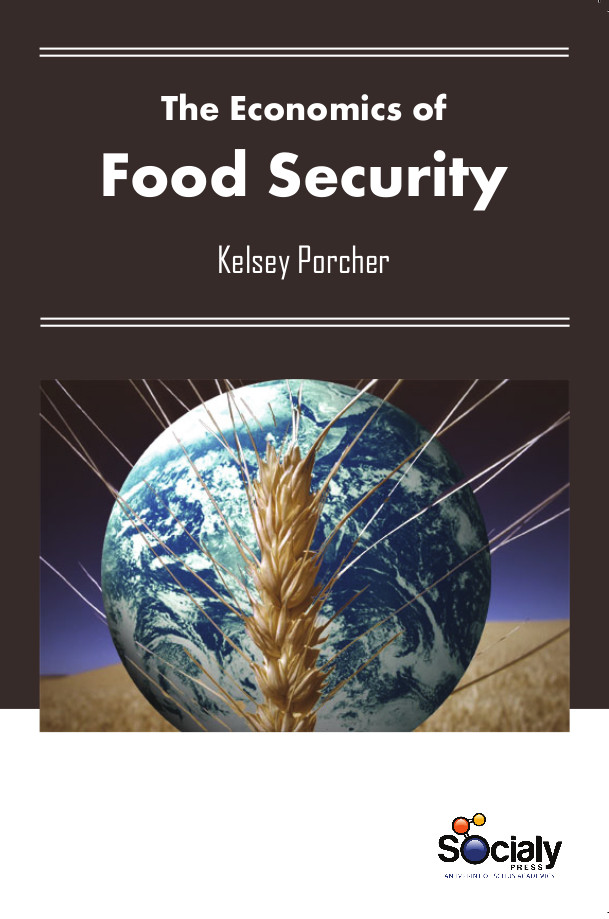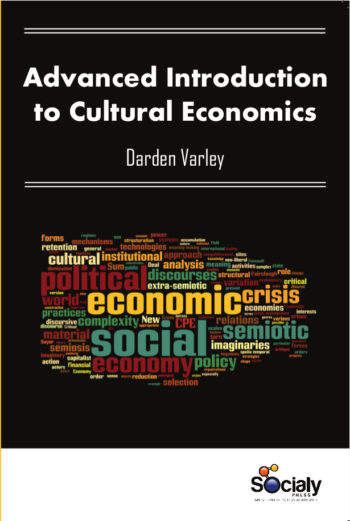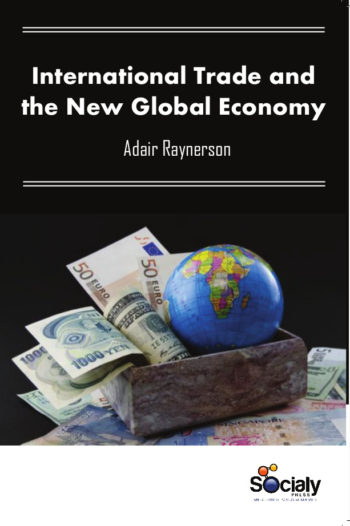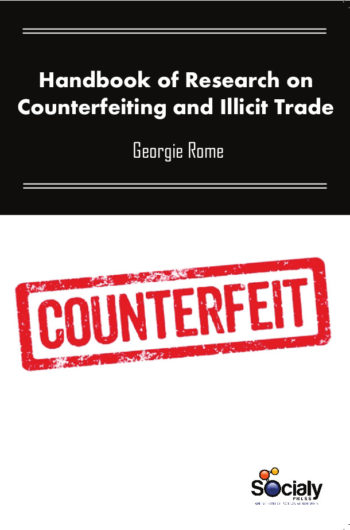Food security as a concept originated only in the mid-1970s, in the discussions of international food problems at a time of global food crisis. The initial focus of attention was primarily on food supply problems – of assuring the availability and to some degree the price stability of basic foodstuffs at the international and national level. That supply-side, international and institutional set of concerns reflected the changing organization of the global food economy that had precipitated the crisis. The present artifact reviews selected key challenges regarding food security from both an academic and policy-oriented angle. By the mid-1990s food security was recognized as a significant concern, spanning a spectrum from the individual to the global level. However, access now involved sufficient food, indicating continuing concern with protein-energy malnutrition to incorporate food safety and also nutritional balance, reflecting concerns about food composition and minor nutrient requirements for an active and healthy life. Food preferences, socially or culturally determined, now became a consideration. The potentially high degree of context specificity implies that the concept had both lost its simplicity and was not itself a goal, but an intermediating set of actions that contribute to an active and healthy life. The continuing evolution of food security as an operational concept in public policy has reflected the wider recognition of the complexities of the technical and policy issues involved.
The Economics of Food Security addresses important issues of food security in their wide-ranging selection of the most influential published contributions in this area of study. The text looks at the origins of the concept of chronic food insecurity, the implications for measurement, and proposes the need for a complementary investigation into the implications for transitory food insecurity of trade liberalization. This Book summaries that food insecurity traces to poverty, that poverty must be addressed by economic development, and that economic development flows from application of the standard model that is now mainstream economics. The Book will be of interest to all academics, policymakers, international organizations and students working in this area.







